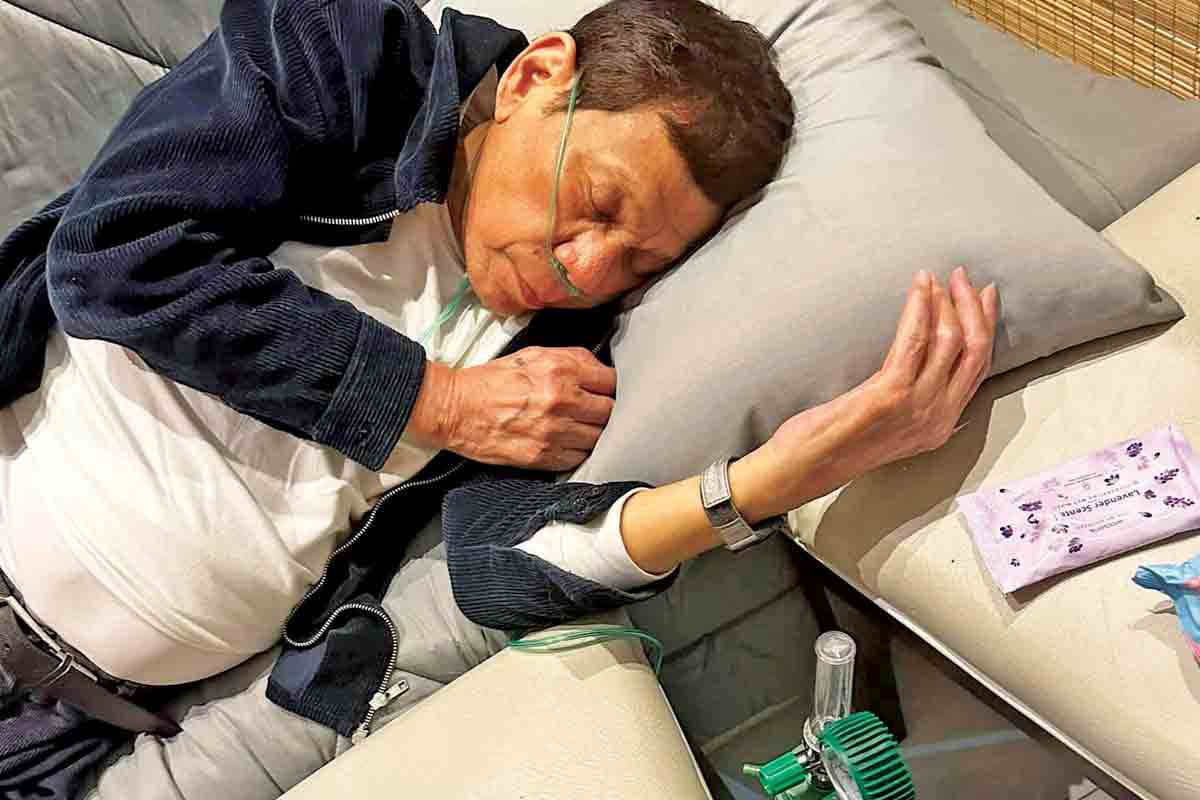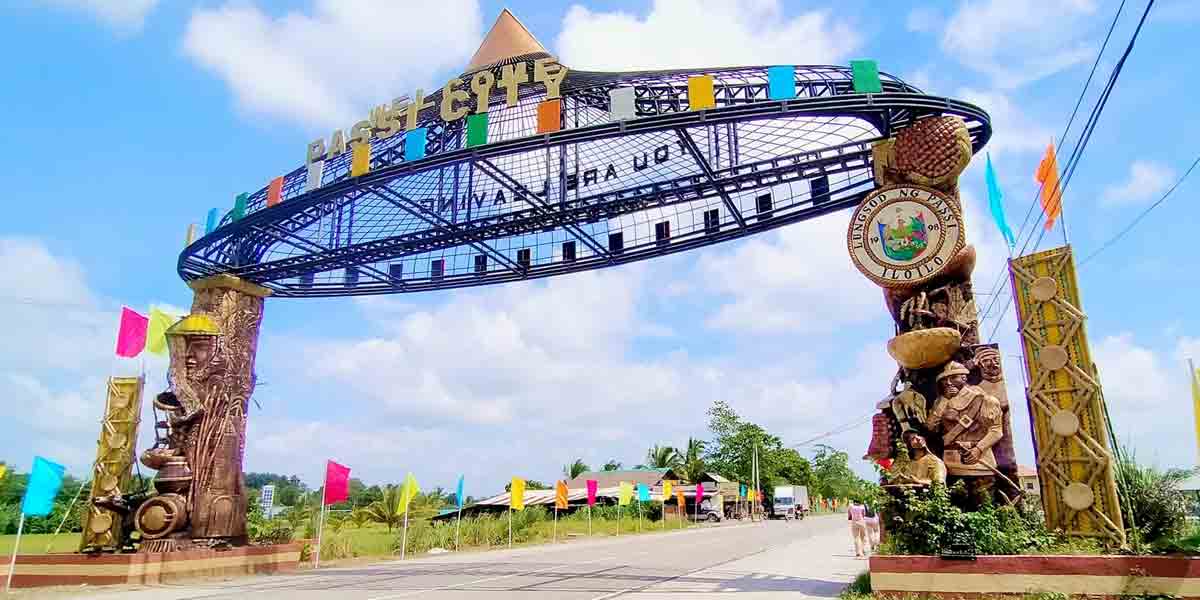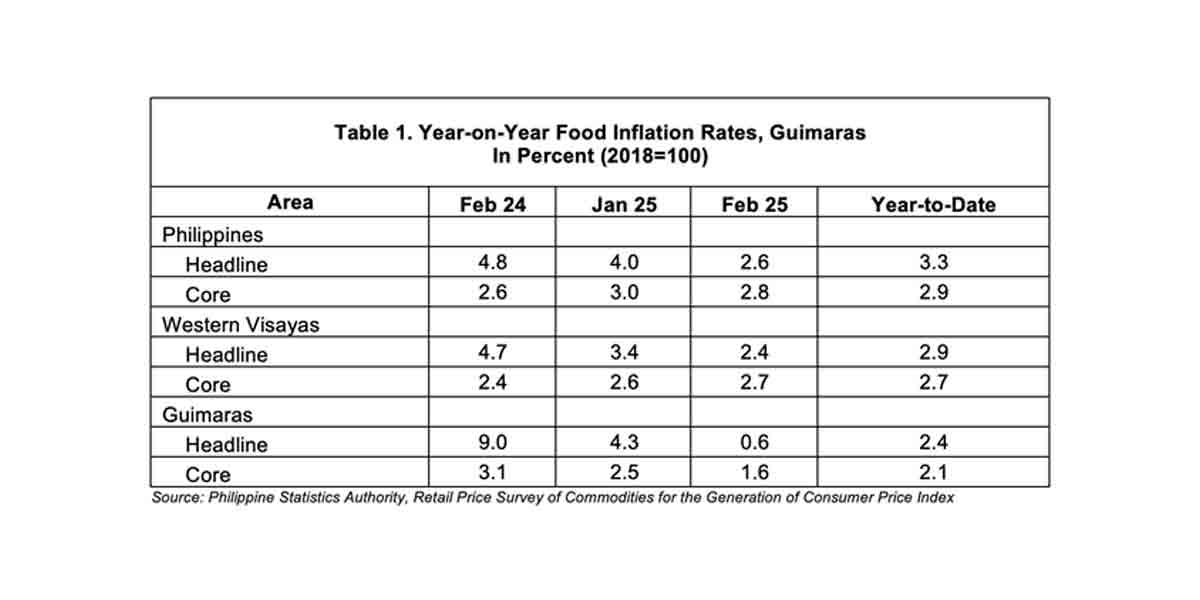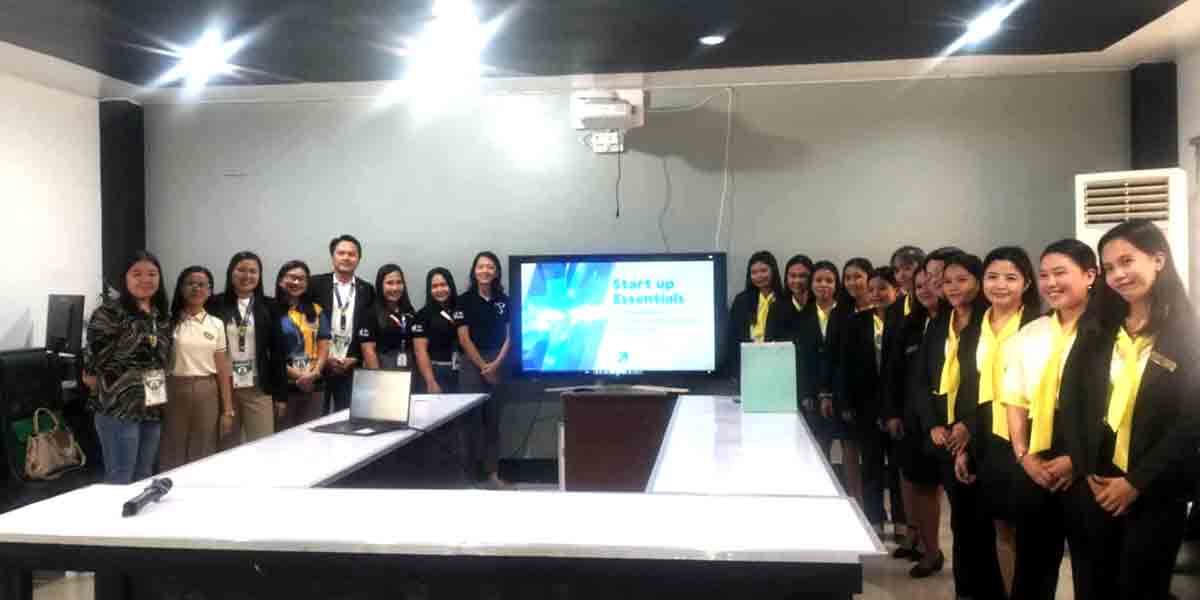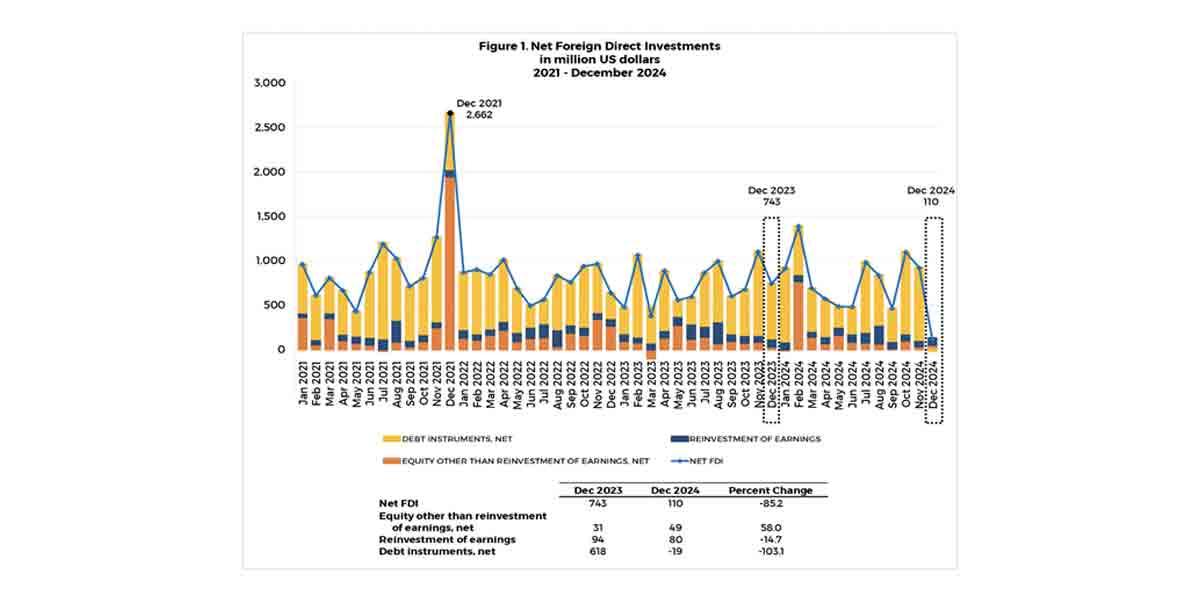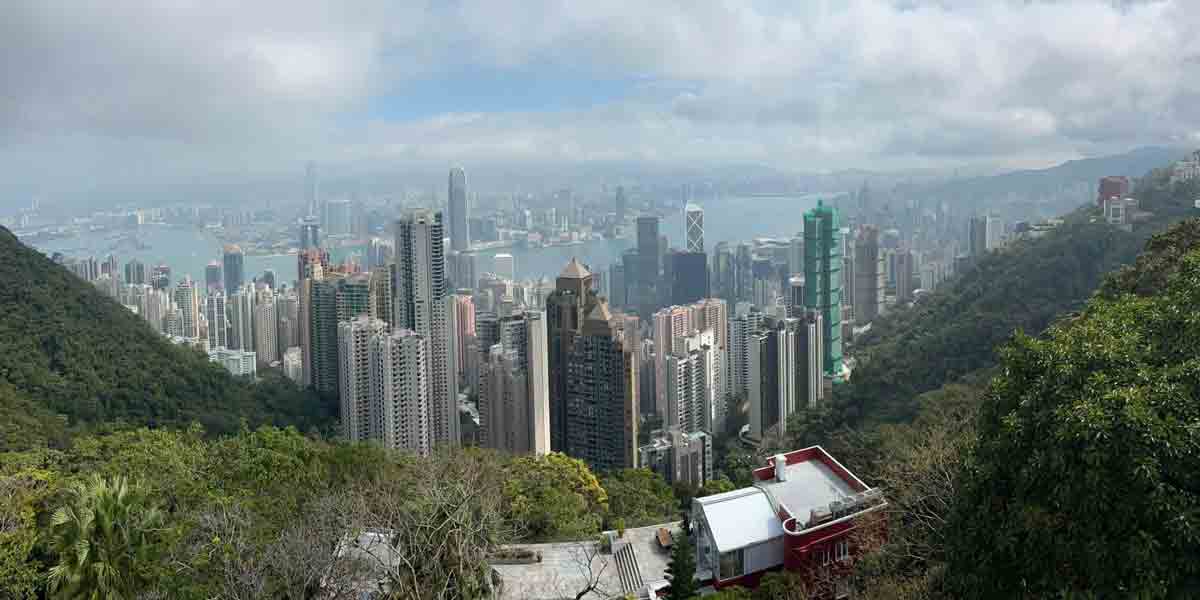By Rjay Zuriaga Castor
Antique Governor Rhodora Cadiao has taken a firm stance against a proposal to declare portions of four upland towns in the province as mineral reservations, arguing it would inevitably lead to large-scale mining.
“I call on Antiqueños to say ‘No to Mining’ as more mining activities are unwelcome in Antique,” Cadiao said.
“It is my considered view that the phrase ‘mineral land reservations’ is a euphemism for ‘mining.’ […] My personal and official stand on the matter is that I am against the plan or the proposal,” she stated on Friday, Feb. 17.
The Mines and Geosciences Bureau Western Visayas (MGB-6) seeks to declare Patnongon, San Remigio, Valderrama, and Sibalom as mineral reservations due to their abundance of copper, gold, chromite, and silver deposits. The proposal will reportedly cover over 7,000 hectares of land.
Cadiao acknowledged the economic benefits of mining but warned that its environmental consequences are too high a price to pay.
“When there is environmental degradation, natural disasters cannot be far behind. As we all know, natural disasters cause damage to private and government properties, and sometimes also loss of lives. We cannot allow these to happen in Antique,” she emphasized.
The governor’s statement strengthens the growing opposition to MGB-6’s proposal. In December 2024, 14 organizations from civil society, religious groups, and cooperatives in Antique submitted a position paper opposing the declaration.
The groups argued that the designation could lead to large-scale mining operations in the future, posing threats to the province’s water security, biodiversity, economy, and public health.
Cadiao stressed that Antique is too small to accommodate another mining operation, noting that the province already hosts the Semirara Mining and Power Corp. (SMPC), the country’s largest coal producer.
“One firm, and only one firm, presently engaged in coal mining in Antique is more than enough,” she said.
SMPC’s operations have been associated with environmental and social impacts.
Its activities have reshaped parts of the island, including landfilling into the ocean. Coal mine effluents have also affected mangrove vegetation by causing sedimentation in intertidal areas.
Seaweed farming, a significant source of income for many residents on the island, has suffered due to pollution from coal operations.
The industry, which employs about 30% of the population, has seen declines, leading to economic losses for local communities.
Legarda: Prioritize Livelihood, Cultural Heritage
Senator Loren Legarda has also opposed potential mining activities in Antique as MGB-6 considers designating the four upland towns as mineral reservations.
The United Nations Environment Programme laureate stressed that such activities threaten Antique’s rich cultural heritage, sustainable livelihoods, natural resources, and public health.
“Antique’s true wealth lies in its people, culture, and environment. Mining activities will disrupt livelihoods, destroy natural habitats, and risk the cultural legacy that Antiqueños have preserved for generations,” Legarda said.
The four-term senator cited recent tragedies caused by soil erosion and landslides due to over-quarrying, which have resulted in the loss of lives, displacement of families, and destruction of farmlands.
She warned that increasing mining activities in upland areas would worsen deforestation and soil degradation, making communities more vulnerable to environmental disasters.
Antique is home to two protected areas under the Expanded National Integrated Protected Areas System (ENIPAS) Act of 2018: the Northwest Panay Peninsula Natural Park and the Sibalom Natural Park. These areas safeguard the province’s biodiversity, provide critical water sources, and serve as foundations for agriculture and ecotourism.
Mining activities in nearby areas could irreparably harm these ecosystems and diminish their contribution to the province’s economy and environmental balance.
“Our economy thrives on agriculture, fisheries, and ecotourism—industries that are sustainable and rooted in our culture and identity as Antiqueños,” Legarda emphasized. “We do not need mining to fuel growth. Instead, we should invest in enhancing these industries to create jobs and improve lives without destroying and risking our environment.”
As a former congresswoman of the Lone District of Antique, Legarda has consistently championed environmental protection, disaster resilience, and cultural preservation.
She called for investments in green technology, sustainable agriculture, and community-based ecotourism, highlighting these as long-term solutions aligned with the province’s strengths.
“Mining does not represent progress. It represents a short-sighted gamble that sacrifices the future of our communities for temporary gains. We must choose sustainable development that uplifts livelihoods, protects our heritage, and ensures a thriving future for Antiqueños,” she concluded.
Criticism of the Mining Act of 1995
The Philippine Mining Act of 1995, or Republic Act No. 7942, governs the exploration, development, and utilization of mineral resources in the country.
It provides for three types of mining rights: exploration permits, mineral production sharing agreements, and financial or technical assistance agreements.
However, a major criticism of the law is that it does not mandate involvement from provincial governments or local government units (LGUs) in the issuance of mining permits.
The law centralizes permit issuances under national authorities, such as the Department of Environment and Natural Resources through MGB, meaning local governments have little to no say in mining operations.
On the other hand, under the Small-Scale Mining Act of 1991, or Republic Act No. 7076, provinces and cities are only empowered to manage quarry resources such as sand and gravel.
This highlights a disparity where smaller operations allow more local oversight compared to larger projects governed by RA 7942.
Critics, including Iloilo Governor Arthur Defensor Jr., have called the Mining Act “flawed” and urged its reevaluation, stressing that provinces should have a say in managing their natural resources.
Defensor argued that the exclusion of LGUs from large-scale mining decisions is a major weakness in the law.
